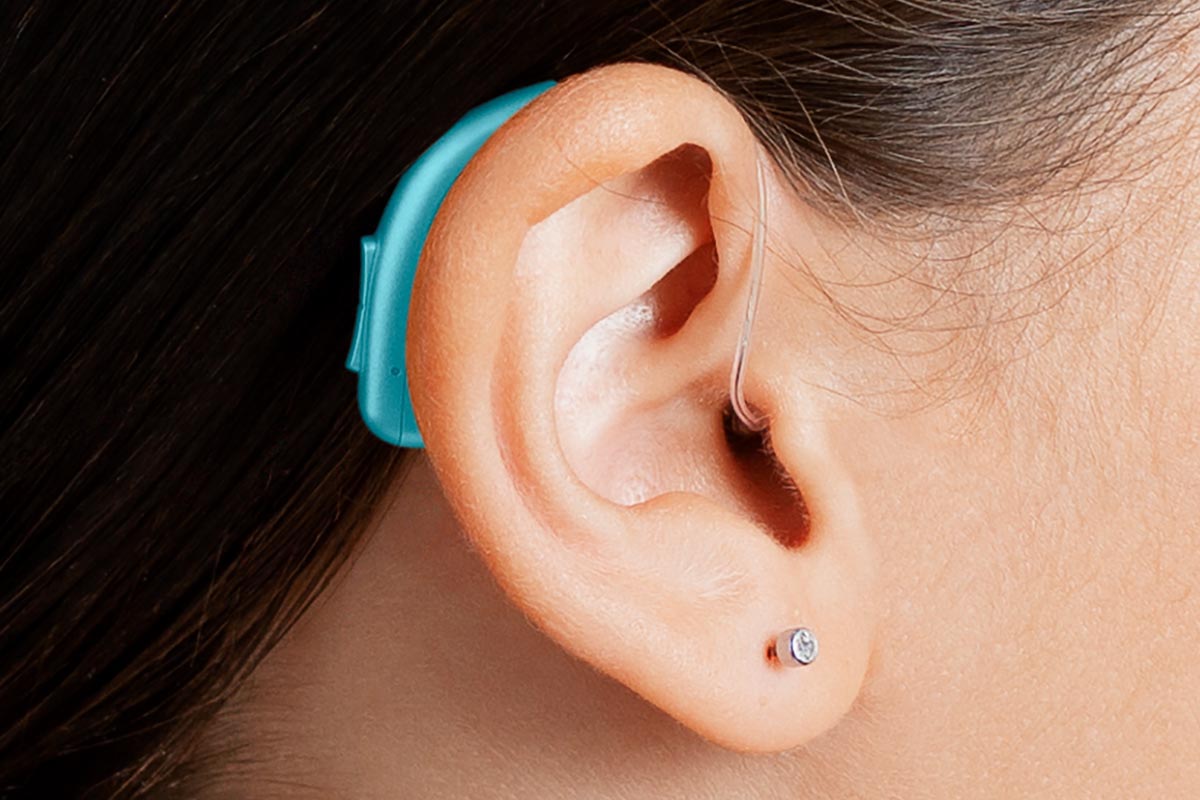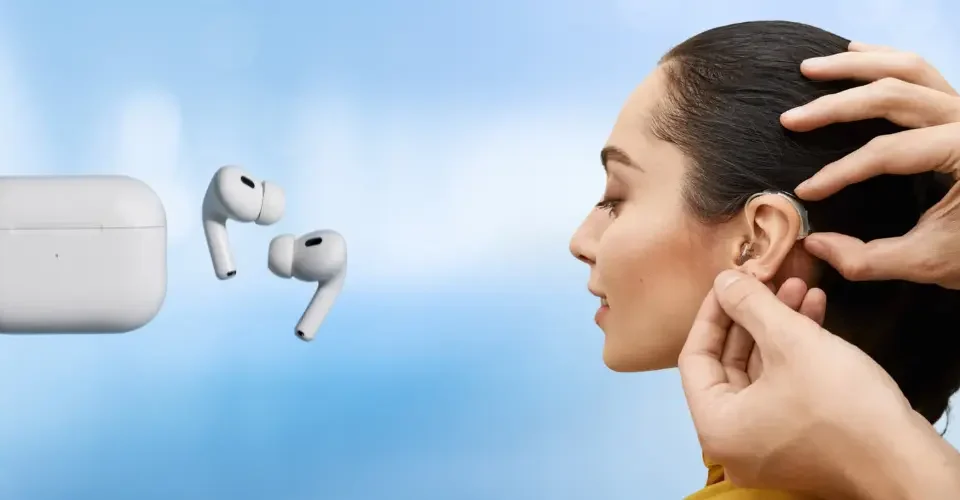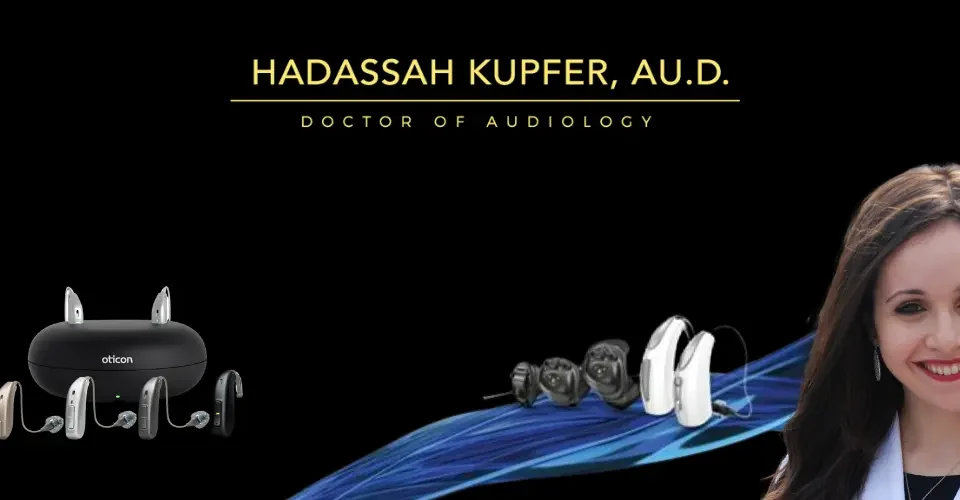Save Your Ears (& thank me later!)
July 23, 2018
What Are The Advantages To Getting A Hearing Aid?
August 13, 2021Do I need a hearing aid? You have probably asked yourself this question numerous times following an embarrassing or frustrating moment while having a conversation or trying to keep up with your favorite TV show’s dialogue. Maybe, during a conversation in a crowded room, the person speaking with you says one thing, but you understand them to say something else. Hearing loss is no joke. It can dramatically decrease the value of one’s life. When hearing becomes impacted in a negative way, we tend to make poor decisions, create social anxiety, and may also cause unnecessary arguments with loved ones.
There are several reasons why many suffer from hearing loss. As one ages, wear and tear are prevalent and unavoidable. The natural process of hearing loss due to aging is known as presbycusis. Exposure to the elements will usually determine the severity of loss of hearing when caused by the natural aging process. Genetics also plays a big role in how resilient or vulnerable we are to hearing loss. Damage to the ear caused by injury, defective ear protection gear, or not wearing any ear protective gear while working in an environment with loud machinery, disease, and illness. Even certain medications may cause temporary or long-term loss of hearing.
Some symptoms such as finding it hard to understand conversations, progressively turning up the volume to radios, phones, and televisions, ringing of the ear, also known as tinnitus, are usually put off or even ignored. At the beginning as these symptoms gradually set in, we tend to convince ourselves that this is just a minor inconvenience that can be tolerated. But, if you are suffering from symptoms such as ear pain or sudden hearing loss, from one or both ears, it is imperative that you contact your medical provider right away.
It is important not to ignore the signs and speak to a qualified professional about treatment and options. Talk to your primary care physician about your symptoms and concerns. At this point your doctor may determine if your hearing loss involves the outer or middle ear, known as conductive; if it involves the inner ear, known as sensorineural; or a combination of both conductive and sensorineural.
If your doctor believes that you may need surgical care, or a medical hearing specialist to take a closer look, you may be referred to an otolaryngologist, also known as an ENT. Most likely you will be referred to an audiologist. An audiologist specializes in testing the severity of the loss of hearing. If hearing loss has been diagnosed due to a sensorineural issue the audiologist will then determine the best type of hearing aid and assist with the fitting.
Most of the hearing aids that are on the market today are very comfortable and discreet. With so many to choose from, there is one that can fit almost any budget. Technological advances make hearing aids easier to customize. Many hearing aid models provide the ability to connect directly to a smartphone. Amazingly enough, some hearing aids have the capability to have a direct connection to neural networks!
In most cases, hearing loss is not reversible, but with all the technological advances, there is a hearing aid available for every level of sensorineural hearing loss. Not only do hearing aids amplify sound they also amplify the quality of life for many suffering from hearing loss.




